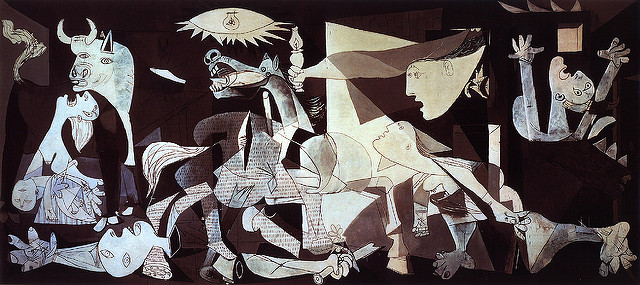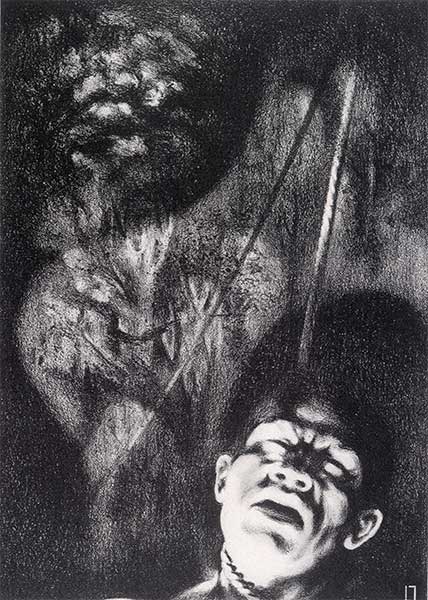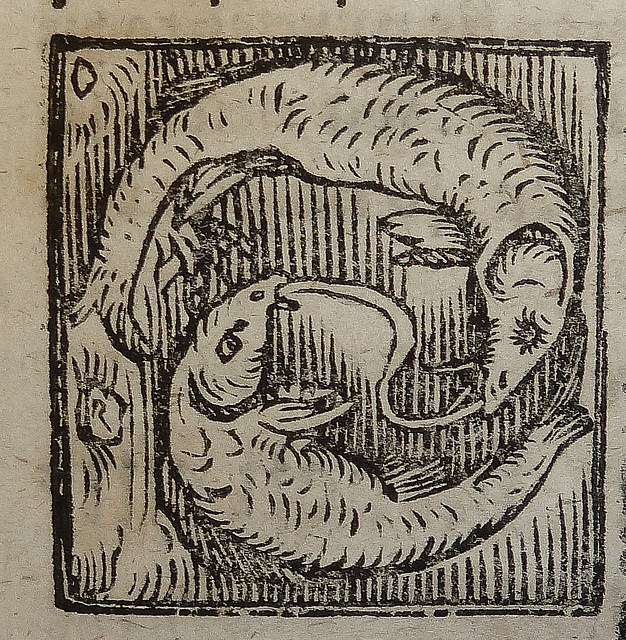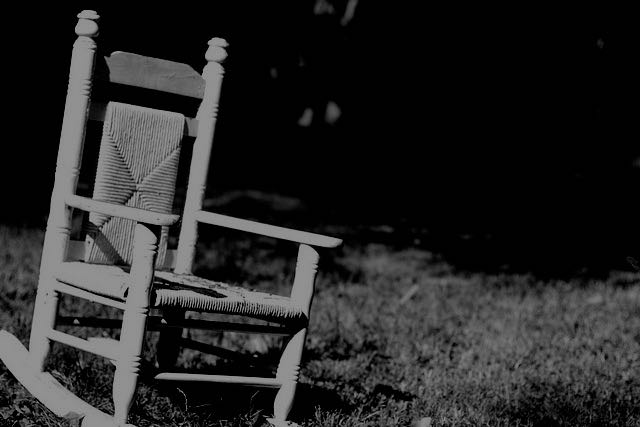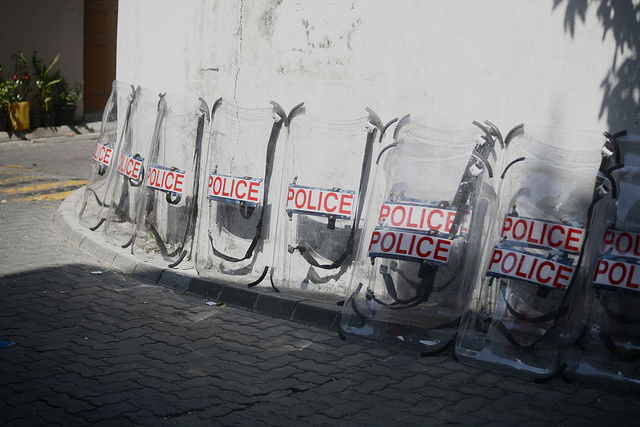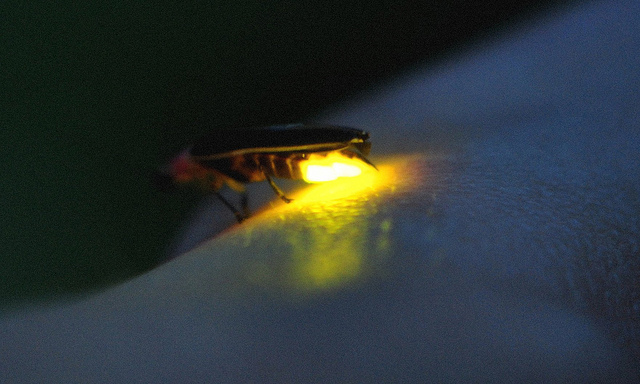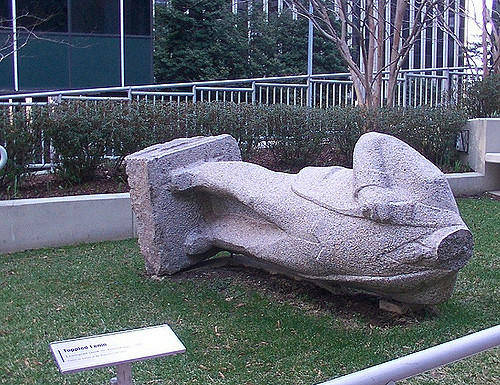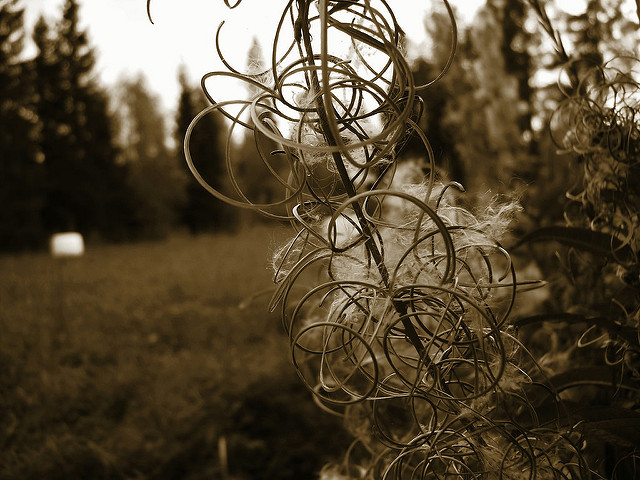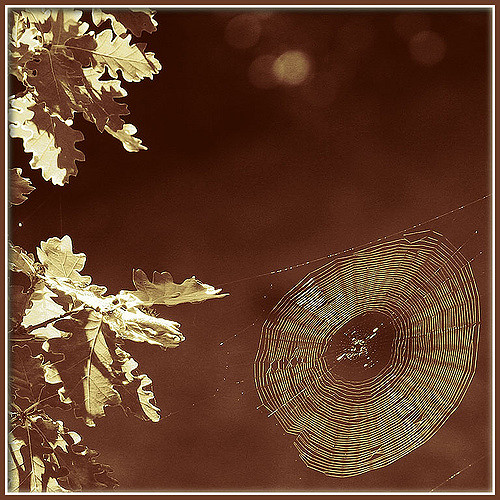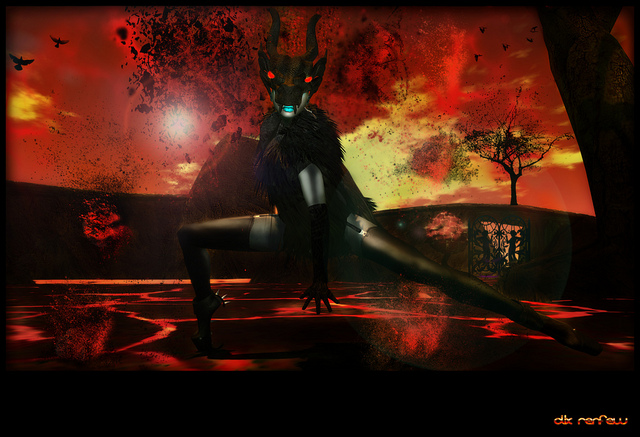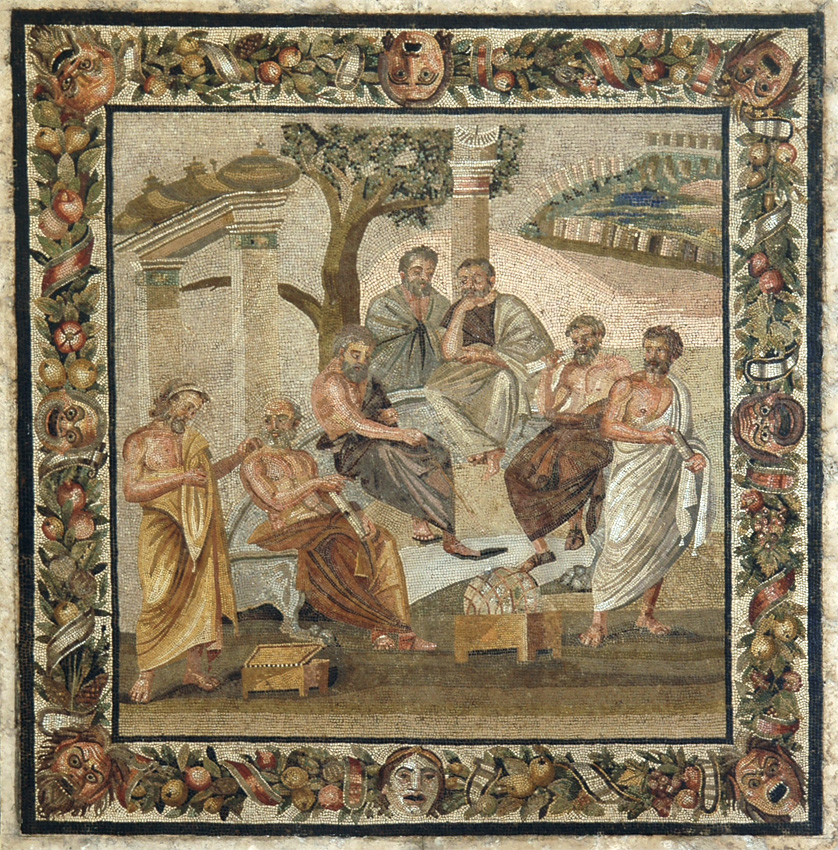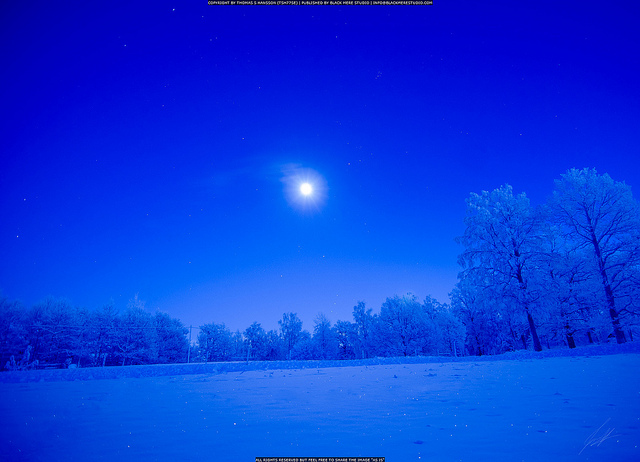Two Poems by D. R. James
[fusion_builder_container hundred_percent=”no” hundred_percent_height=”no” hundred_percent_height_scroll=”no” hundred_percent_height_center_content=”yes” equal_height_columns=”no” menu_anchor=”” hide_on_mobile=”small-visibility,medium-visibility,large-visibility” class=”” id=”” background_color=”” background_image=”” background_position=”center center” background_repeat=”no-repeat” fade=”no” background_parallax=”none” enable_mobile=”no” parallax_speed=”0.3″ video_mp4=”” video_webm=”” video_ogv=”” video_url=”” video_aspect_ratio=”16:9″ video_loop=”yes” video_mute=”yes” video_preview_image=”” border_size=”” border_color=”” border_style=”solid” margin_top=”” margin_bottom=”” padding_top=”” padding_right=”” padding_bottom=”” padding_left=””][fusion_builder_row][fusion_builder_column type=”1_2″ layout=”1_2″ spacing=”” center_content=”no” link=”” target=”_self” min_height=”” hide_on_mobile=”small-visibility,medium-visibility,large-visibility” class=”” id=”” background_color=”” background_image=”” background_position=”left top” background_repeat=”no-repeat” hover_type=”none” border_size=”0″ border_color=”” border_style=”solid” border_position=”all” padding=”” dimension_margin=”” animation_type=”” animation_direction=”left” animation_speed=”0.3″ animation_offset=”” last=”no”][fusion_text]
Still
It all recurs for the maimed, how they remain,
or don’t, atop the plots of the buried. Those
who could do something table the question.
They relax in the rocker of their certainty,
a war, any war, an abstraction that walls off
the bursting specifics. A twenty-something friend
found he’d deployed to sort body parts. Arrayed,
they’d survive the fever sweeping a land we
could never know. Welcomed by the white-blue
atrium of a foreign sky, he’d prowl his perimeter
until his duty tapped him. Then the oven-sun
would relight his nightmare, the categories
of bone and flesh his production line. What
achievement could signal his success? What
dream in the meantime could relieve raw nerve?
The perfect tour would end when he was still
in one piece, a nation’s need ignoring the gore
behind the games, the horror nestling into
the still-living because still in one piece.
[/fusion_text][/fusion_builder_column][fusion_builder_column type=”1_2″ layout=”1_2″ spacing=”” center_content=”no” link=”” target=”_self” min_height=”” hide_on_mobile=”small-visibility,medium-visibility,large-visibility” class=”” id=”” background_color=”” background_image=”” background_position=”left top” background_repeat=”no-repeat” hover_type=”none” border_size=”0″ border_color=”” border_style=”solid” border_position=”all” padding=”” dimension_margin=”” animation_type=”” animation_direction=”left” animation_speed=”0.3″ animation_offset=”” last=”no”][fusion_text]
OK, Here’s What We Do: An Allegory
Well, we enlarge the grown-up table for
the far-flung fragments of our Family.
Here’s our current Winter spent in agony,
here’s our disrespected Sister, here is War
that mushrooms undiminished, glibly tears
our global Soul to slivers. And here We are;
and here’s a Brute beside us so bizarre
that nearly nothing else we’ve known compares—
as if we’d acceded to some greater Hell.
Ah, but here’s what’s left of human Dignity.
Seated here’s Resolve to trample Travesty.
But there’s our Greatest Fear that’s hard to quell. …
Hey, this isn’t fatalistic Falderal!
We must make sure the table’s set for All.
[/fusion_text][/fusion_builder_column][/fusion_builder_row][/fusion_builder_container][fusion_builder_container hundred_percent=”no” hundred_percent_height=”no” hundred_percent_height_scroll=”no” hundred_percent_height_center_content=”yes” equal_height_columns=”no” menu_anchor=”” hide_on_mobile=”small-visibility,medium-visibility,large-visibility” class=”” id=”” background_color=”” background_image=”” background_position=”center center” background_repeat=”no-repeat” fade=”no” background_parallax=”none” enable_mobile=”no” parallax_speed=”0.3″ video_mp4=”” video_webm=”” video_ogv=”” video_url=”” video_aspect_ratio=”16:9″ video_loop=”yes” video_mute=”yes” video_preview_image=”” border_size=”” border_color=”” border_style=”solid” margin_top=”” margin_bottom=”” padding_top=”” padding_right=”” padding_bottom=”” padding_left=””][fusion_builder_row][fusion_builder_column type=”1_1″ layout=”1_1″ spacing=”” center_content=”no” link=”” target=”_self” min_height=”” hide_on_mobile=”small-visibility,medium-visibility,large-visibility” class=”” id=”” background_color=”” background_image=”” background_position=”left top” background_repeat=”no-repeat” hover_type=”none” border_size=”0″ border_color=”” border_style=”solid” border_position=”all” padding=”” dimension_margin=”” animation_type=”” animation_direction=”left” animation_speed=”0.3″ animation_offset=”” last=”no”][fusion_text]
D. R. James’s six collections include Since Everything Is All I’ve Got, Why War, and Split-Level. Poems and prose have appeared in various journals, including, Coe Review, Dunes Review, Friends of William Stafford Newsletter, HEArt Online, Hotel Amerika, North Dakota Quarterly, Passager, Rattle, The Sow’s Ear Poetry Review, and Sycamore Review, and anthologies, including, Ritual to Read Together: Poems in Conversation with William Stafford and Poetry in Michigan / Michigan in Poetry. His new collection, If god were gentle, was published by Dos Madres Press in December 2017. James lives in Saugatuck, Michigan, and has been teaching writing, literature, and peace-making at Hope College for 33 years. Read more about James here.
“Still” first appeared in Tuck, September 14, 2017, and also appears in If god were gentle.
Photo credit: Brad Montgomery via a Creative Commons license.
[/fusion_text][/fusion_builder_column][/fusion_builder_row][/fusion_builder_container]

